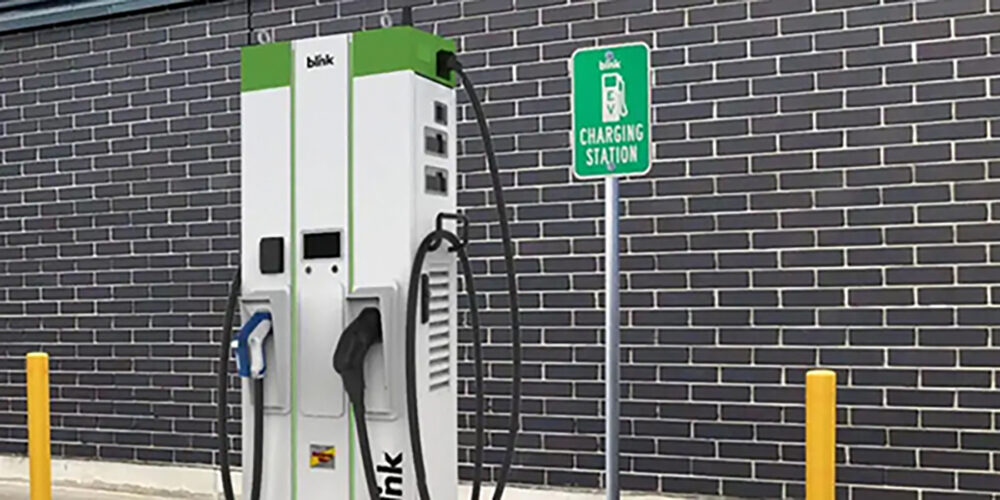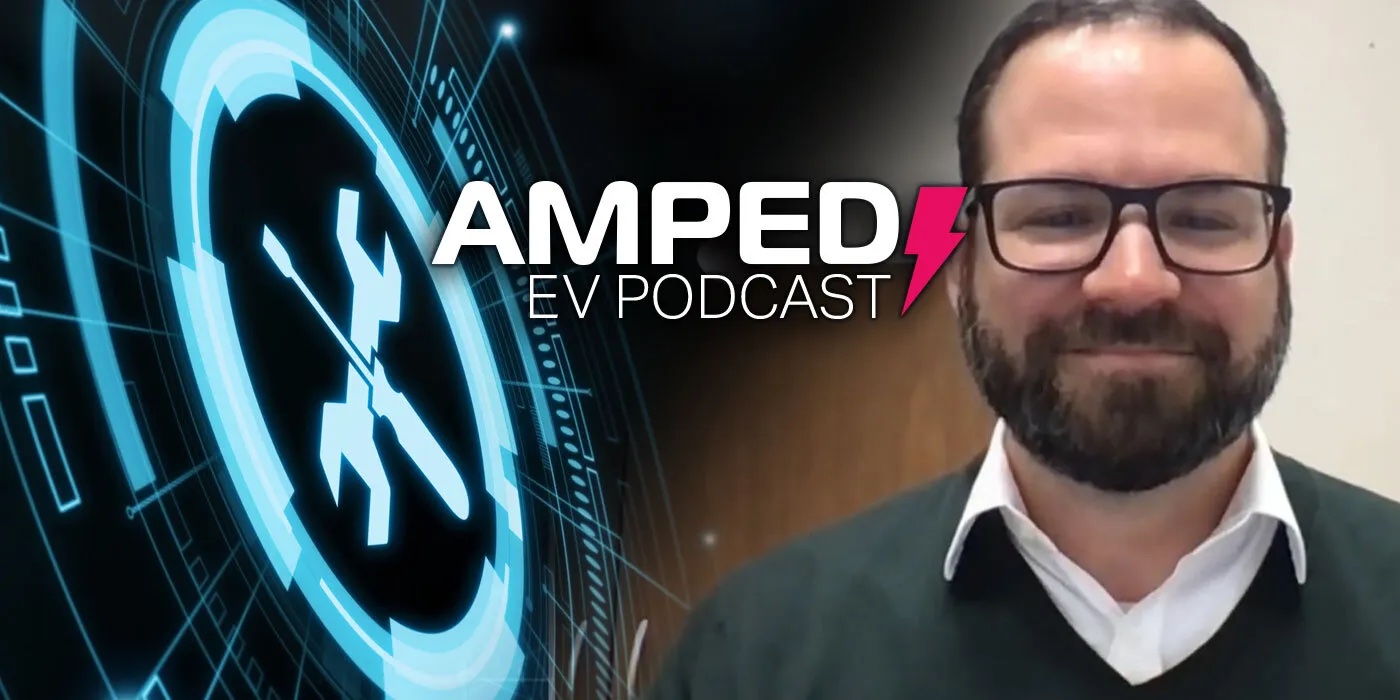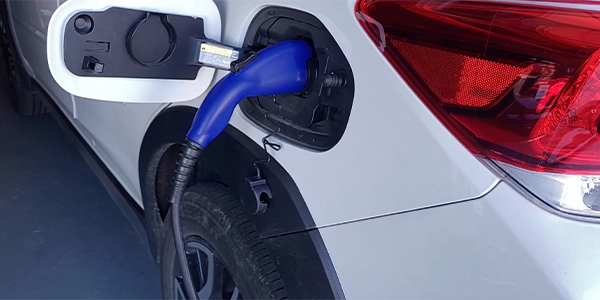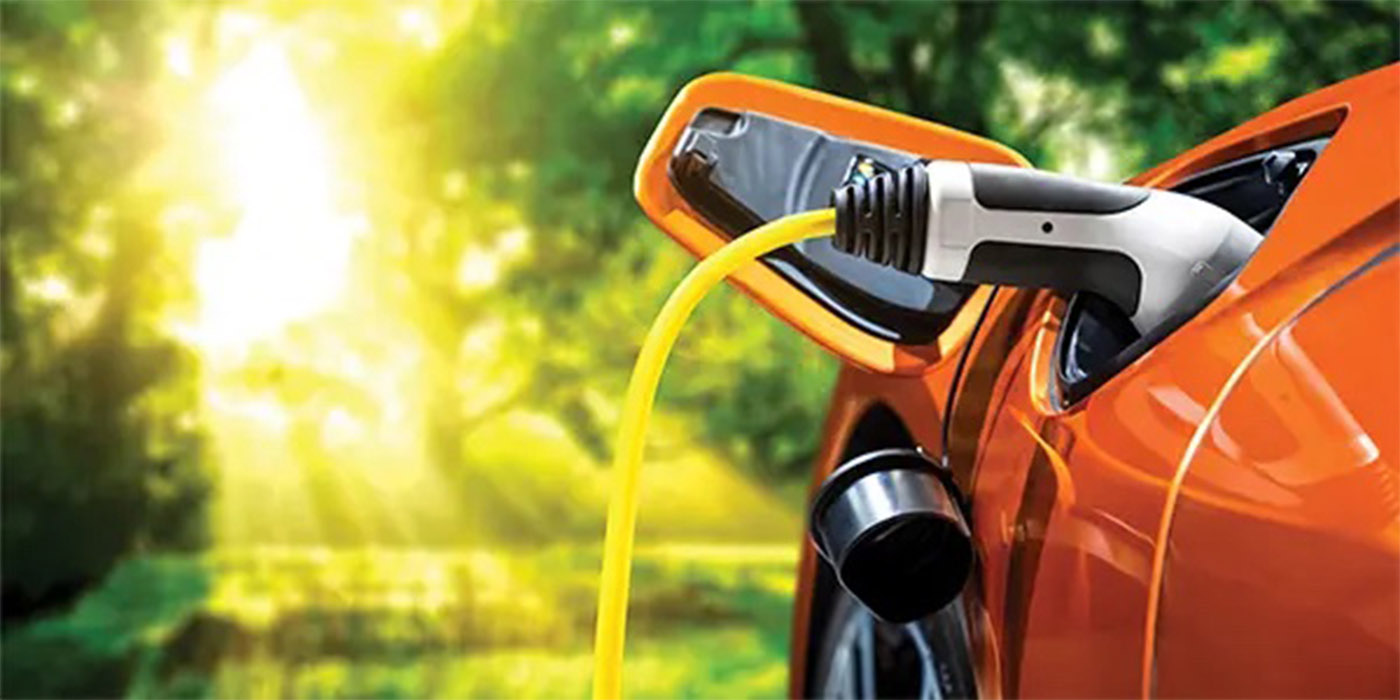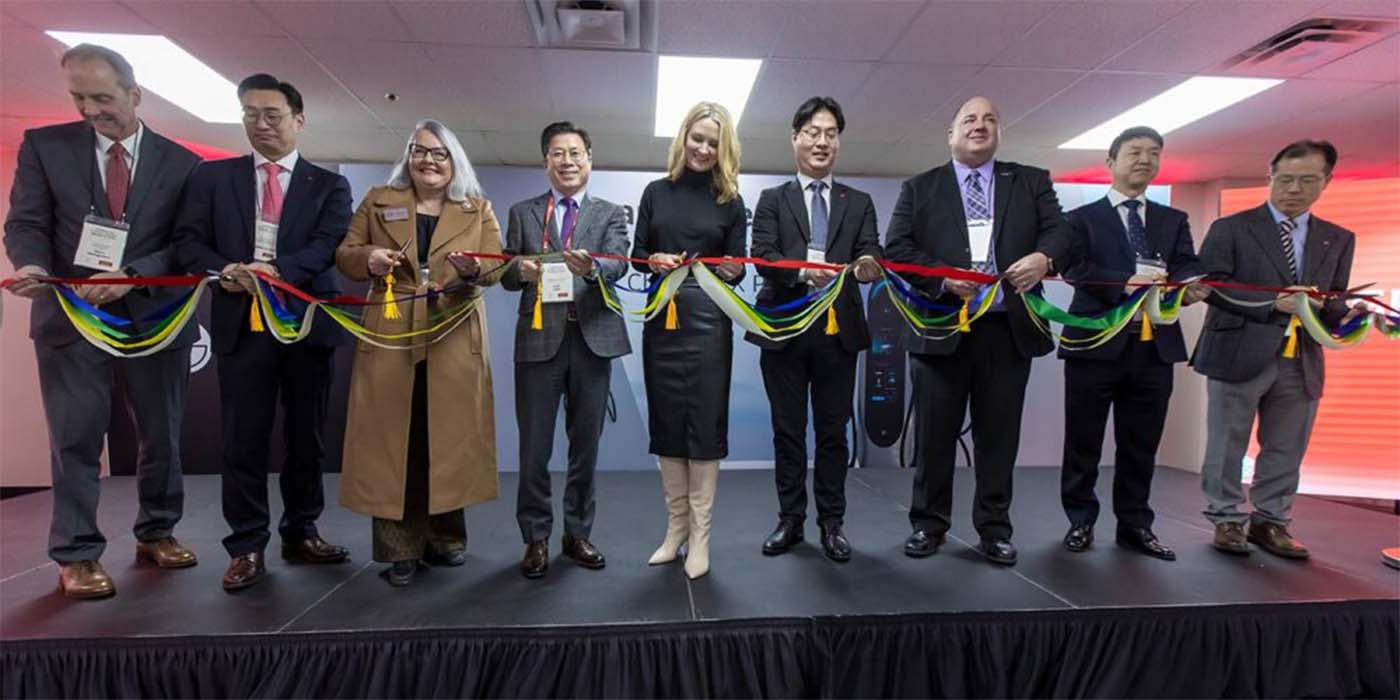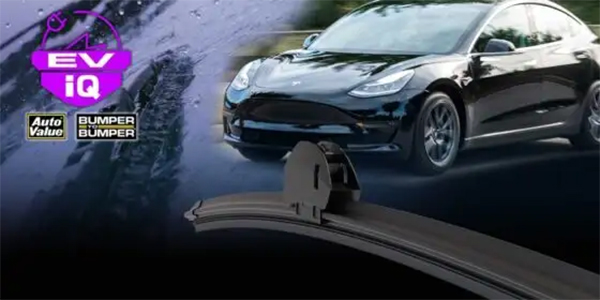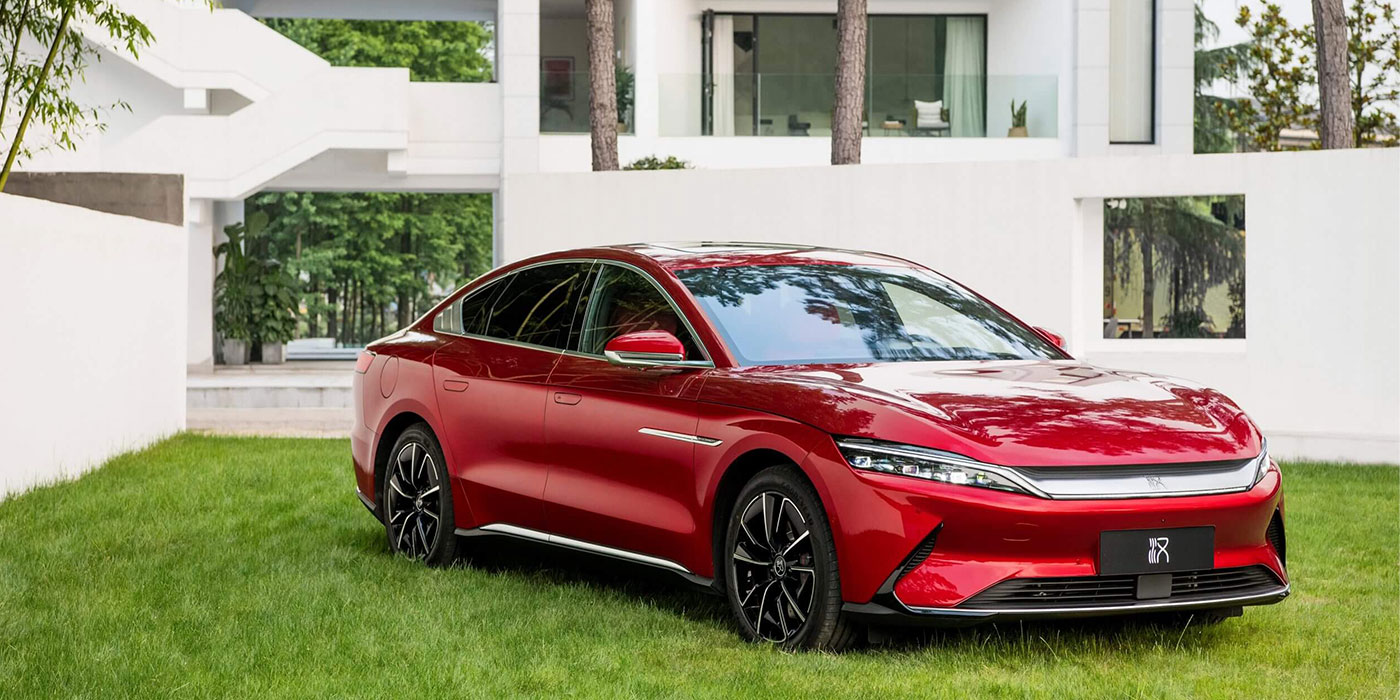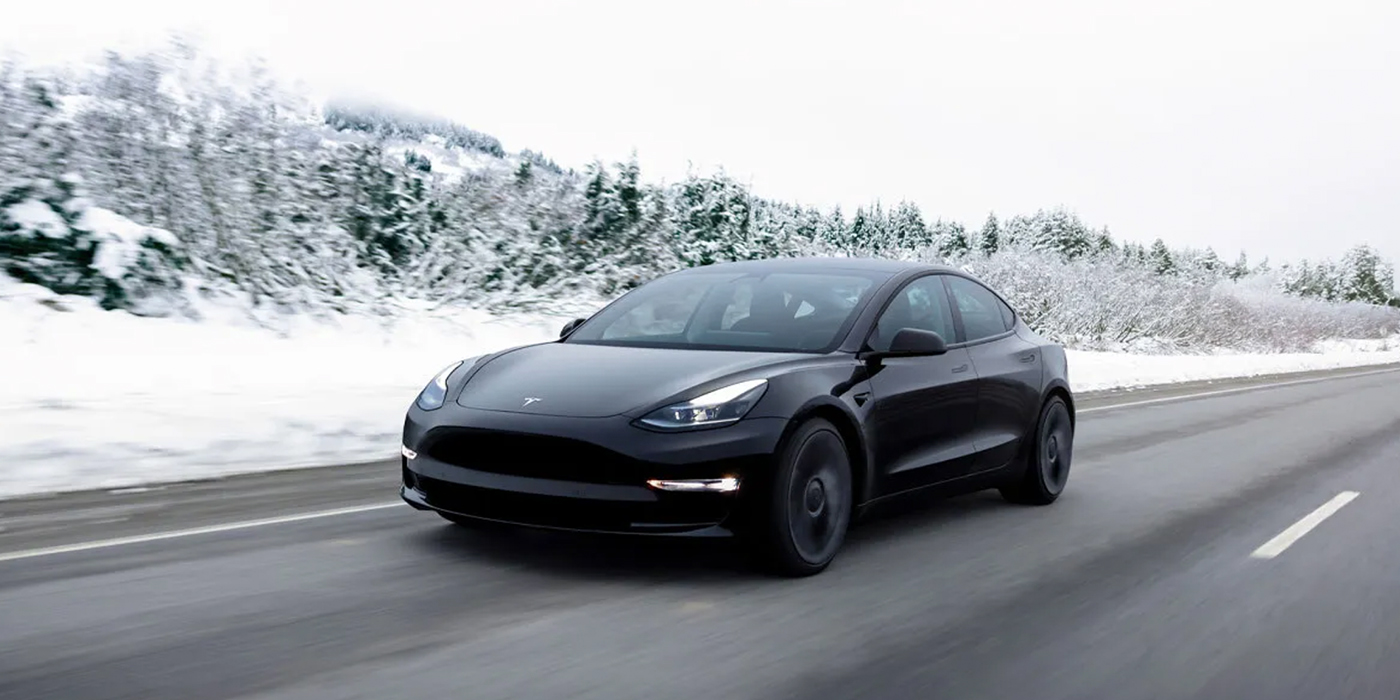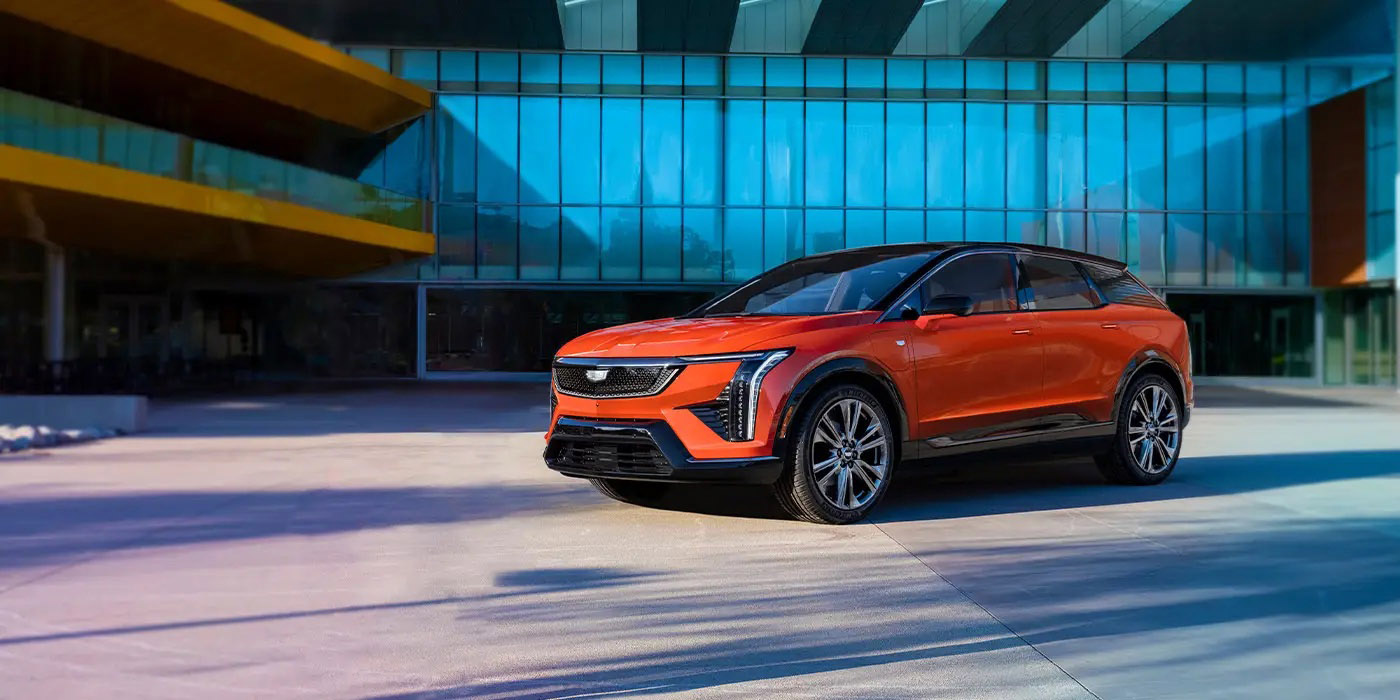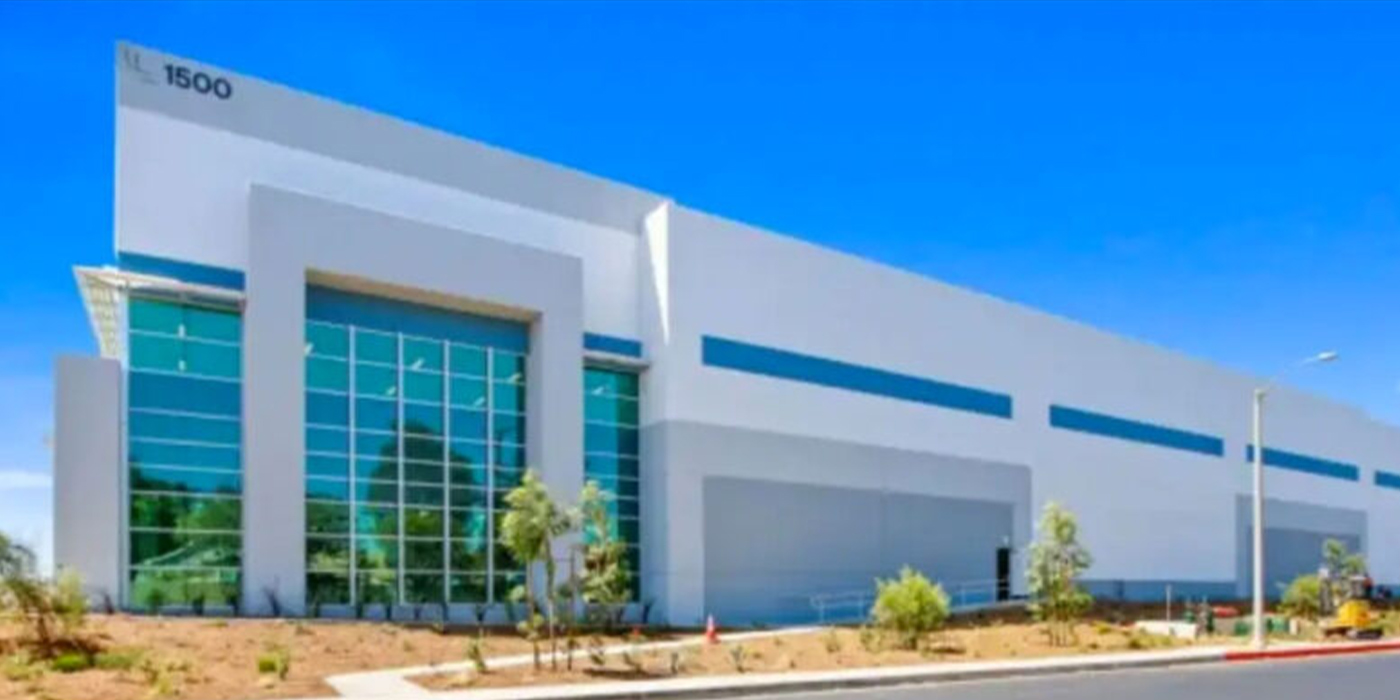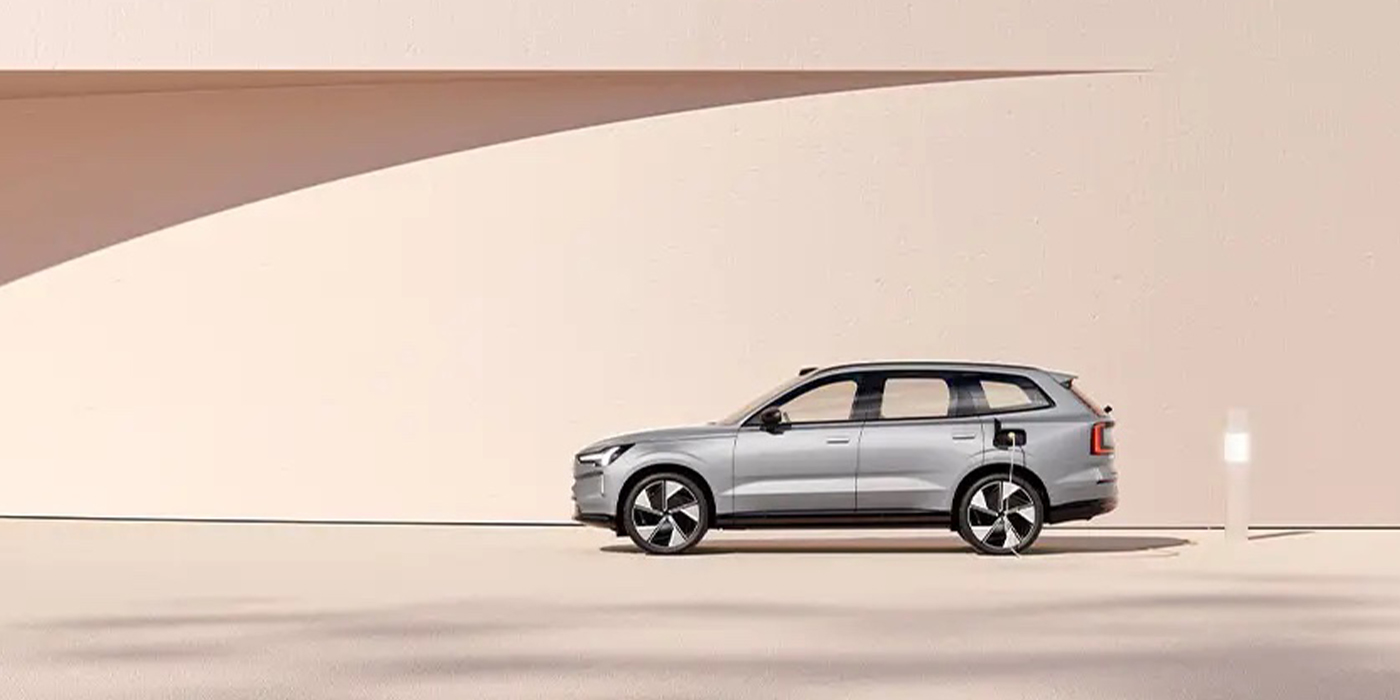Blink Charging Co., a global manufacturer, owner, operator and provider of electric vehicle (EV) charging equipment and services, announced it has been selected as an EV charging solutions provider for the Metropolitan Government of Nashville‐Davidson County in Tennessee. The company said the agreement empowers local agencies to acquire Blink’s EV charging equipment for locations across the county, with the chargers being supplied by Blink and owned by Metro.
Following the RFP, Blink said it was chosen due to its industry experience and background in working with municipalities around the world implementing EV infrastructure.
“Blink is proud to contribute to the development of the EV infrastructure in Nashville and Davidson County,” said Jim Nemec, vice president of sales and business development at Blink Charging. “It is exciting for Blink to have been chosen to play this significant role in the future of a region that is revered for its rich history. Nashville and Davidson County are leading the way to an electrified future with accessible, robust EV charging solutions.”
The Nashville region has become a hotbed of EV development and experienced a surge in the number of EVs, with approximately 13,000 registered EV drivers in the county, with this number continuously rising, Blink said. This growth, coupled with the county’s own commitment to transitioning to sustainable transportation, prompted the RFP in order to accommodate the EV charging needs of both residents and visitors, Blink said.
Nashville and Davidson county will have Blink Charging’s MQ200 and IQ200. The MQ200 assists in managing fleets or multiunit locations with a fast 50-amp output and effortless user experience, paired with a robust new charger portal for maximum control. Blink’s IQ 200 chargers are Level 2 AC charging stations, producing 80 amps of output and providing approximately 65 miles of charge in an hour.

